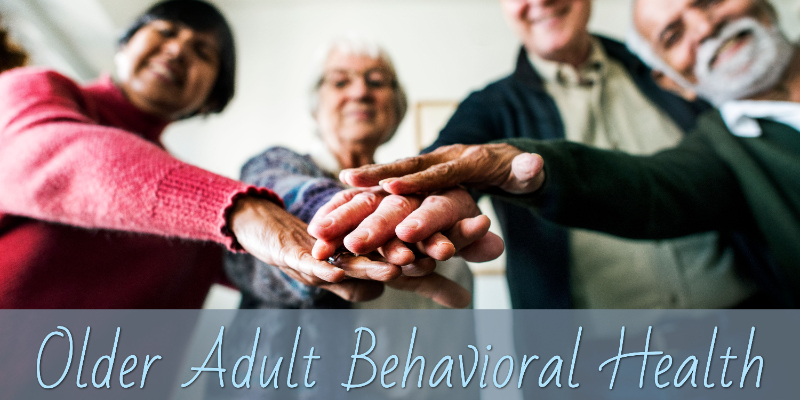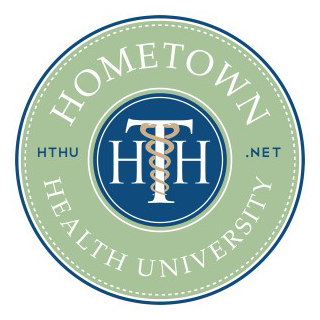3 New Courses: Older Adult Behavioral Health

The Mental Health and Well Being in Older Adults with Serious Illness
This training provides an overview of aging and health related issues, what is considered a serious illness, and identifying how mental health issues and serious illness are related. The program reviews options for persons dealing with serious illness and mental health issues such as palliative and hospice care and the use of the Companioning the Dying therapeutic approach.
Upon completion of this presentation, you should be able to:
- Define what serious illness is.
- Describe how mental health and serious illness impacts older adults.
- Identify how Palliative and Hospice Care can help the older adult dealing with serious illness and mental health concerns.
- Describe how older adults with Serious Mental Illness (SMI) have more difficulty when faced with a serious illness.
- Recognize the benefits of using the Companioning the Dying therapeutic approach.
Emergency Department Boarding: Caring for Geriatric Behavioral Health Patients
This training provides an overview of the challenges associated with caring for geriatric mental health patients in the Emergency Department (ED), the barriers to treatment, and a few recommendations for addressing the needs of older behavioral health patients seeking services.
Upon completion of this presentation, you should be able to:
- Define key terms: behavioral health, overcrowding, boarding, and geriatric.
- Define the impact of EMTALA on ED boarding.
- Describe the problem of boarding geriatric behavioral health patients in the ED.
- Recognize the consequences of ED boarding.
- Identify potential methods to address the problem and improve outcomes.
Integrated Behavioral Health in Primary Care and Benefits to Older Adults
Integrated Behavioral Health in Primary Care is a fast-growing model of care designed to facility the delivery of a variety of evidence-based interventions that will address a range of medical and behavioral challenges experienced across the life span. This model is important because it addresses the needs of patients within primary care by improving functioning, reducing symptoms and improving quality of life. This program will provide background information on integrated behavioral health so that you may gain an understanding into the benefits and gains as well as important components to this model of care.
Upon completion of this presentation, you should be able to:
- Define Integrated Behavioral Health in Primary Care (IBHPC).
- Describe models of IBHPC.
- Identify how IBHPC is beneficial for the older adult population.
- Recall interventions utilized in IBHPC.
